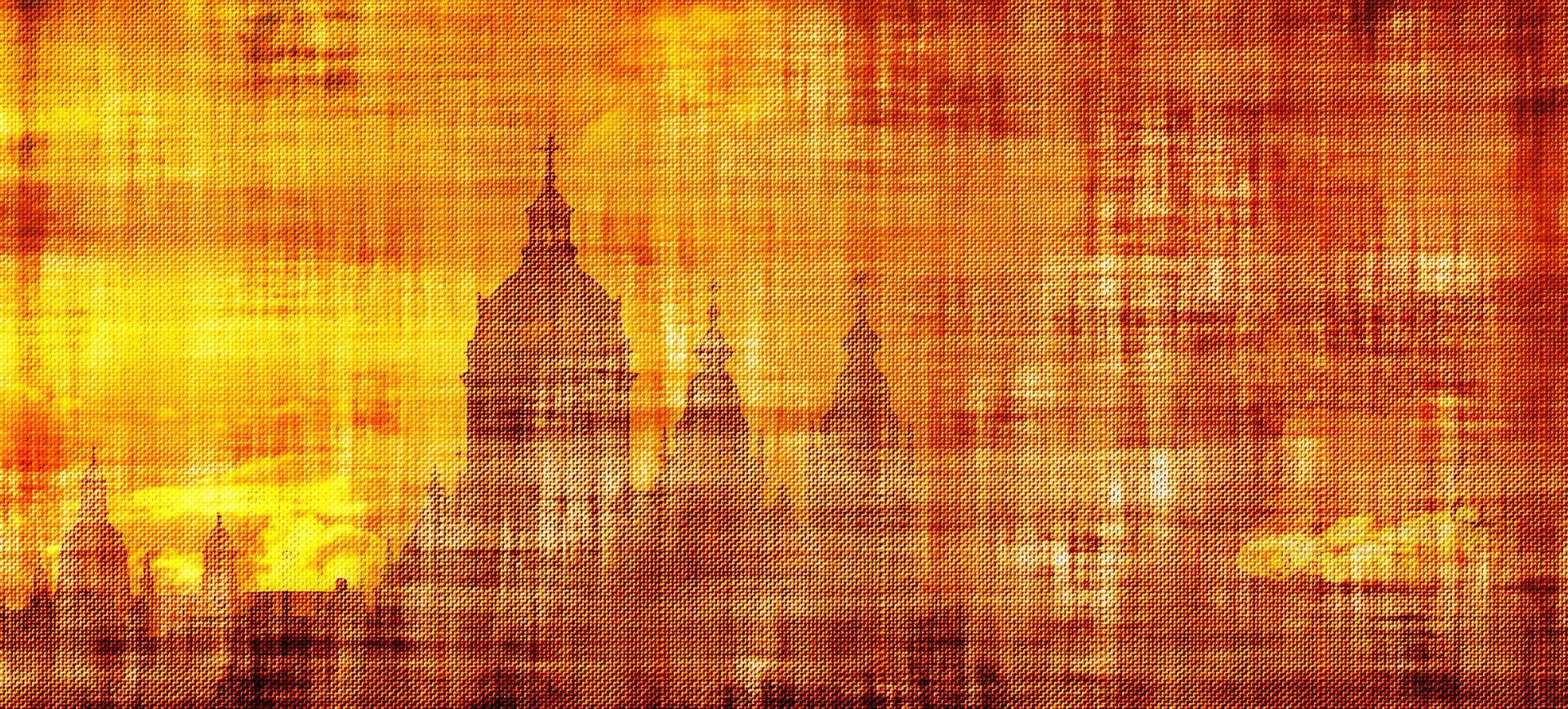
396 years ago, Avvakum was born. This man, his words and his deeds have had a fundamental importance in the creation of Russian culture as we know it, and I would therefore like to share with you a few things about this figure.
Avvakum’s name is closely related to the “Old Believers”, or старообрядцы. You might have heard them before, but, more probably, you may have read about them. It is hard to find them in Russia, unless you travel to the remoter, eastern regions of this vast country. The Old Believers’ number is today hard to estimate due to their scatteredness. They were, and are, the people who rejected the innovations brought into the Russian church by Patriarch Nikon, between 1952 and 1966. Nikon made the reforms in order to bring back the Russian Orthodox faith into a “purer” state, closer to Constantinople’s. On the other hand, the Old Believers thought these changes to be the reason why Constantinople had fallen into the hands of the Turks.
If you read the reforms today, you wonder how could something so “superficial” lead to a “raskol” (scission) of those dimensions. The answer is that they were not superficial at all: even though they were mostly relevant to the liturgy, at that time liturgy and faith were strongly linked. A change as small as the direction of the Procession – whether clock or counterclockwise – was seen as an unacceptable one.
The Old Believers have been victims of persecution from the beginning to the 1970s, years in which the anathema upon them was revoked and their civil rights were given back. Nevertheless, the centuries-long persecution led to their emigration outside Russia, which is the reason why so few of them can now be found here, and why in such remote locations.
Who is Petrov Avvakum? He was the Russian protopote of the Cathedral of Our Lady of Kazan, who more strongly felt the adversity against Nikon’s reforms and decided to take a stand, giving voice to the thousands of believers whose voice was not heard – and not asked for – by Nikon. Despite being imprisoned and fed on bread and water for 14 years, he kept predicating, until – in 1682 – he was burned at the stake. His autobiography is one of the few Russian manuscripts of 17th century, a literary masterpiece.
On this day, November the 20, 1620, he was born. Let us remember a brave man, who fought for his faith and the faith of thousands of fellow believers, renouncing to a life of comforts for what he thought was right. Happy birthday, Avvakum.
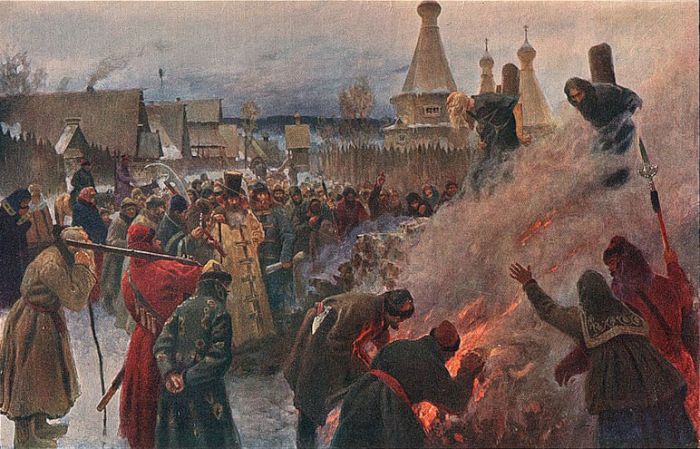

Students will be happy to learn that the Russian Government has today announced plans to make Russian language easier in an effort to simplify greater international engagement. …

In a previous post, we revealed that Russians don't really say “na zdarovje” when they toast. While the phrase has been popularised in English language media – and a lot of Russians will nod politely and clink glasses with you if you use it – it’s not something a native speaker would ever…
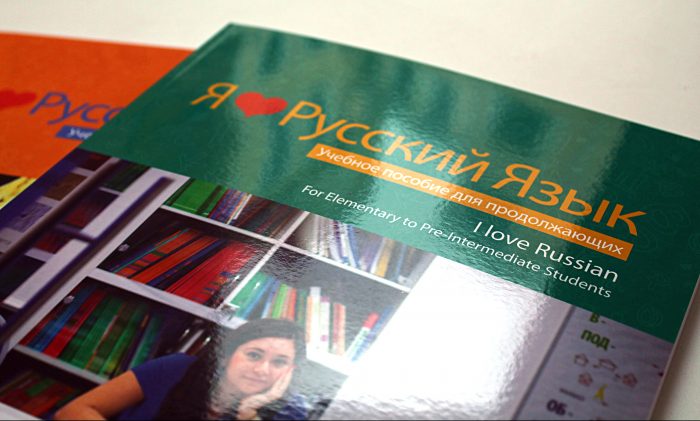
Improve your Russian while working as an expat? Mission possible! …
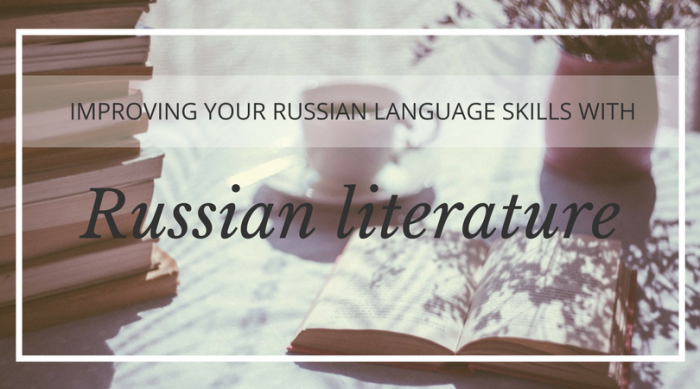
What could be a better way for Russian immersion than reading, especially when you read the books that you find interesting and that can give you a better idea of the culture of Russia? Co-founder of Liden & Denz, Walter Denz shares his experience on how reading Russian literature can improve your…
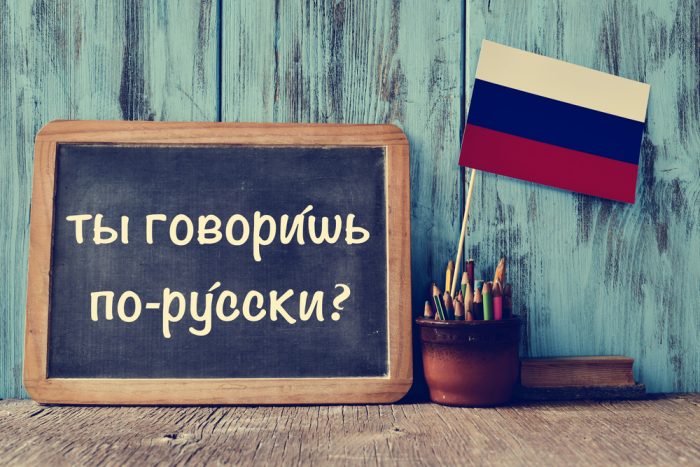
Learning a language is hard. Keeping it when you don't have classes is even harder. So this article is not about how to learn Russian, but how to maintain your Russian. …
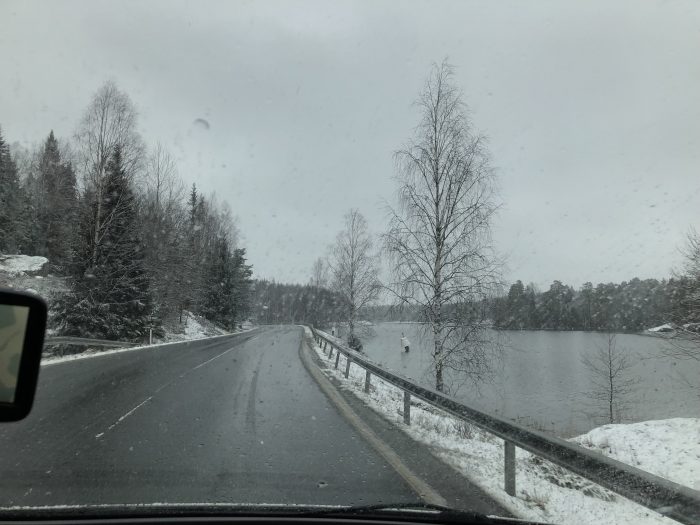
I love Russia. I have been living in St. Petersburg for almost two months, and after travelling all around the world it feels like I have finally found a place where I would see myself settling down. The inexorable beauty of the streets, the architecture, the importance of art and culture, the water…

Oh, the Russians! I was recently watching the last season of Stranger Things and, to my surprise, Russians are quite present there. For those of you who might not be familiar with the TV series, it is set on an American town during the 80s. And what do we recall from those times? The unique fashion…
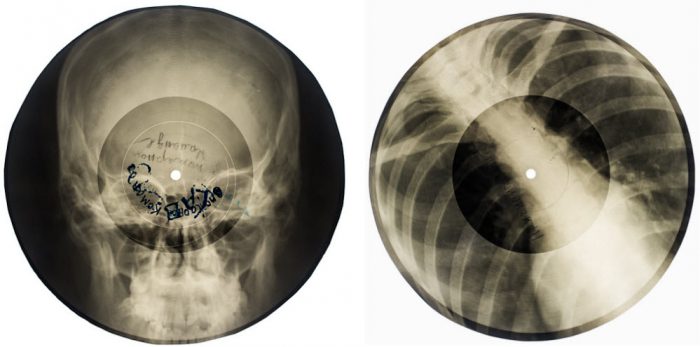
In an attempt to improve my Russian skills, I decided to start watching a TV series in Russian. After thorough research, the result of which you can read on my post about how to learn Russian with Netflix, I decided I would start watching Fartsa. I am no sure of how much Russian I am learning thanks…